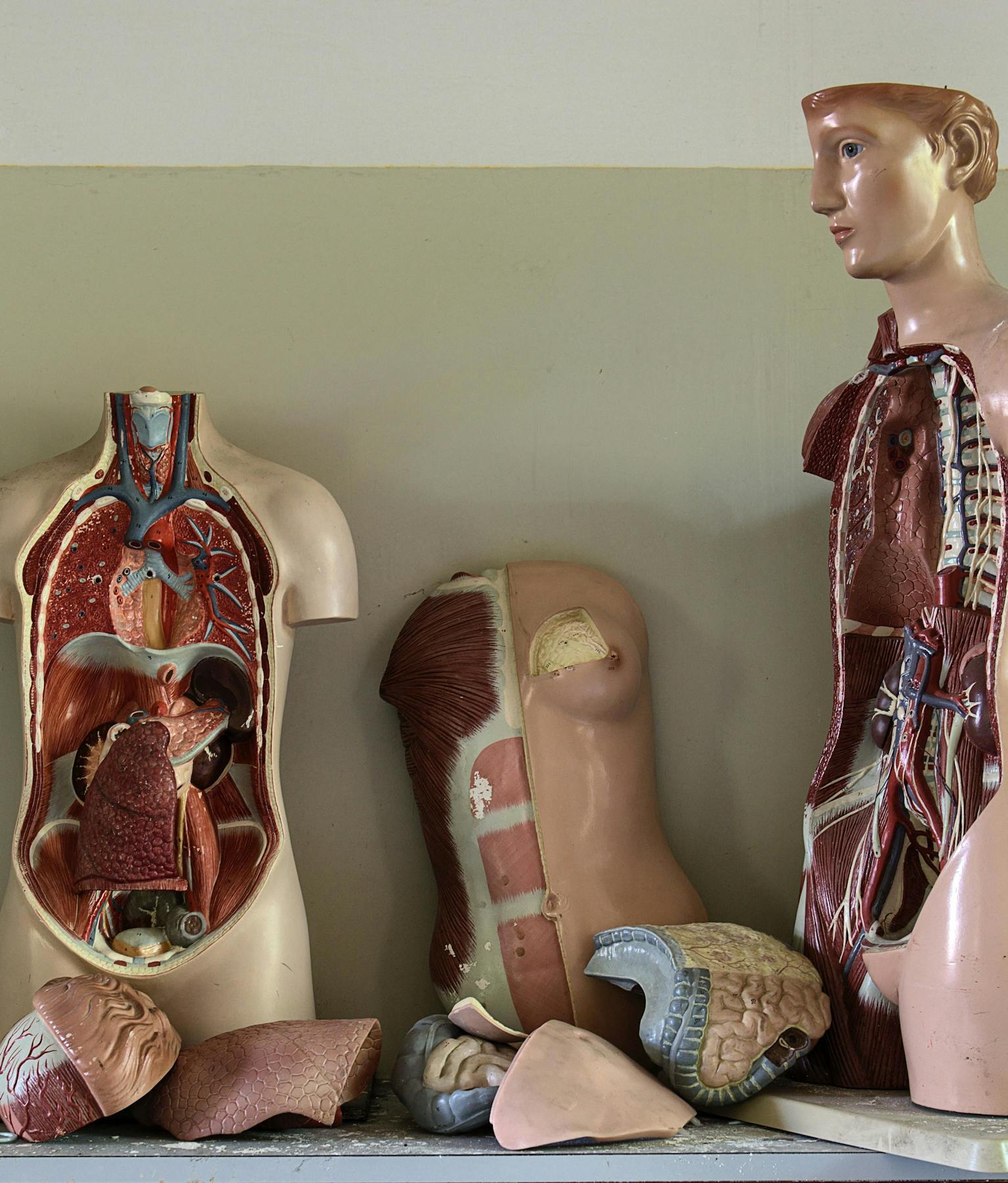When you return from holiday, there are a number of things you need to bear in mind:
- Always consult a doctor if you develop a fever after travelling. The possible causes of fever after travelling in the (sub)tropics include both tropical diseases and infections and differ depending on your destination and the nature and duration of the stay. Malaria remains the most common and most threatening disease. If you have a fever during the first three months after returning from the tropics, you should always consider the possibility of a malaria infection, even if you have taken the prescribed anti-malaria medicine correctly. The doctor should always take blood and have it tested in the laboratory as soon as possible. If the test is positive, treatment should be initiated immediately. This is best done in a specialised centre for travel medicine, such as the Jan Yperman Hospital. The majority of deaths from malaria after return is due to incorrect or late diagnosis. Malaria that is recognised in time is perfectly treatable, without the risk of recurring attacks.
- If you have suffered from traveller's diarrhoea when you were travelling, or if you still suffer from it now that you are back home, it is advisable to check that the diarrhoea is not caused by a bacterial infection such as dysentery. Once back home, any self-treatment of diarrhoea with antibiotics is out of the question and a correct diagnosis has to be made first.
- In certain countries, rabies still occurs in dogs, cats, monkeys, bats and so on. If you are bitten by such an infected animal, you can contract the disease yourself. There is no treatment for rabies: the disease is always fatal. You can get vaccinated before travelling to these countries to minimise the risk of contracting this disease after a bite. If you are bitten during a trip in a country where rabies is prevalent, you should get vaccinations anyway (as soon as possible after the bite and also afterwards). You can also come to see us for this.
